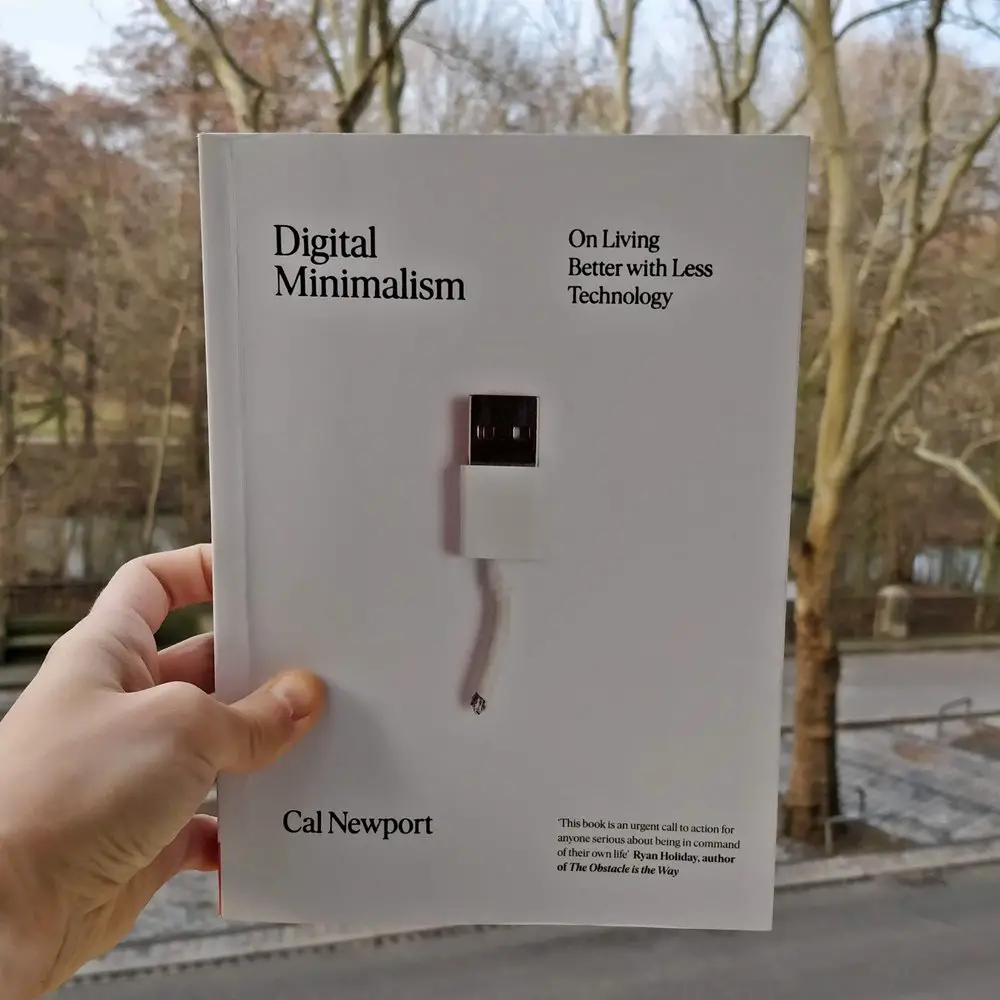The rise of anxiety: how hyper-connectivity harms our brains
Jun 01, 2019 | Posted by Cristina in Newsletters
 The text below was first sent to our newsletter subscribers in April 2019. If you enjoy it and want more, subscribe here.
The text below was first sent to our newsletter subscribers in April 2019. If you enjoy it and want more, subscribe here.
In “Digital Minimalism“, computer science professor Cal Newport talks about the sudden rise of mental health issues (anxiety and anxiety-related disorders) among teens. This is the first generation that was born with smartphones in their hands, using them all the time, being hyper-connected and experiencing ZERO moments of solitude throughout their days. And we’re still not fully aware of the long term effects.
I recently saw an interesting movie that brings into spotlight the same subject, the negative effects social media has on teens. Eighth Grade follows the life of Kayla, a 13-years-old introvert who has a vlog where she gives advice on relationships and pretends to have it all together. The movie is about how she tries to survive the last days of the eighth grade before going to high school. It was directed by Bo Burnham, a 28 yo stand-up comedian who achieved fame as a teenage vlogger himself.
This kind of anxiety caused by having our brains hyper-stimulated all the time is something I’m personally experiencing and, in the past years, I tried multiple ways to deal with it. Although my notifications are off all the time, in order to get work done and not be interrupted non-stop, I do connect and try to catch up eventually – and when that happens, my anxiety levels jump through the roof.
Last evening for example, after a two-hours break for a spinning class, I turned my phone back on and had hundreds of unread messages thrown at me on multiple channels (literally hundreds – no exaggeration). None of those were truly urgent or relevant, there was nothing with a direct impact over my life.
There are days when I feel like I’m about to snap if I read one more message or news preview. How is anyone supposed to stay sane and on top of things when there’s so much noise and everyone is asking for your time and attention?
 No wonder that those who work closest with technology are also the ones who are most wary of it and limit their access to it for self-care. They take ‘dark vacations’, weekends or evenings, when they don’t use anything that’s technology related. They don’t let their kids get exposed to screen time.
No wonder that those who work closest with technology are also the ones who are most wary of it and limit their access to it for self-care. They take ‘dark vacations’, weekends or evenings, when they don’t use anything that’s technology related. They don’t let their kids get exposed to screen time.
This is the distraction economy: the most successful businesses today are the ones that are the best at distracting us from what we want to do, from doing deep work, from accomplishing our goals, from focusing on the long game. The better they distract us, the more money they make, the less focused we are, the less money we make, and so on.
Tristan Harris is an ex-Google design ethicist manager who left the company and started a non-profit called Center for Humane Technology. He now focuses on helping people become more aware of how tech companies are hijacking our minds, keeping us hooked and downgrading humanity. Harris wants to see the tech industry fundamentally realign its priorities, shifting to meeting human needs, rather than profiting from human attention.
However, you can’t really imagine those tech companies letting go of a business model that made them rich.
Yesterday I was looking over Facebook’s report on the first quarter of this year. After all the scandals surrounding them in the past year, you would have expected their numbers to drop dramatically, right? Well, think again: their daily active users number increased 8%, and their advertising revenue also increased (26% YoY).
We’re always so careful about how we spend our money, guarding our fortune, while throwing away our most scarce resources: our time and our attention.
And we can’t take back control and mental sanity if we don’t understand how these mechanisms work from a psychological point of view.
The text above was first sent to our newsletter subscribers in April 2019. If you enjoyed it and want more, subscribe here.